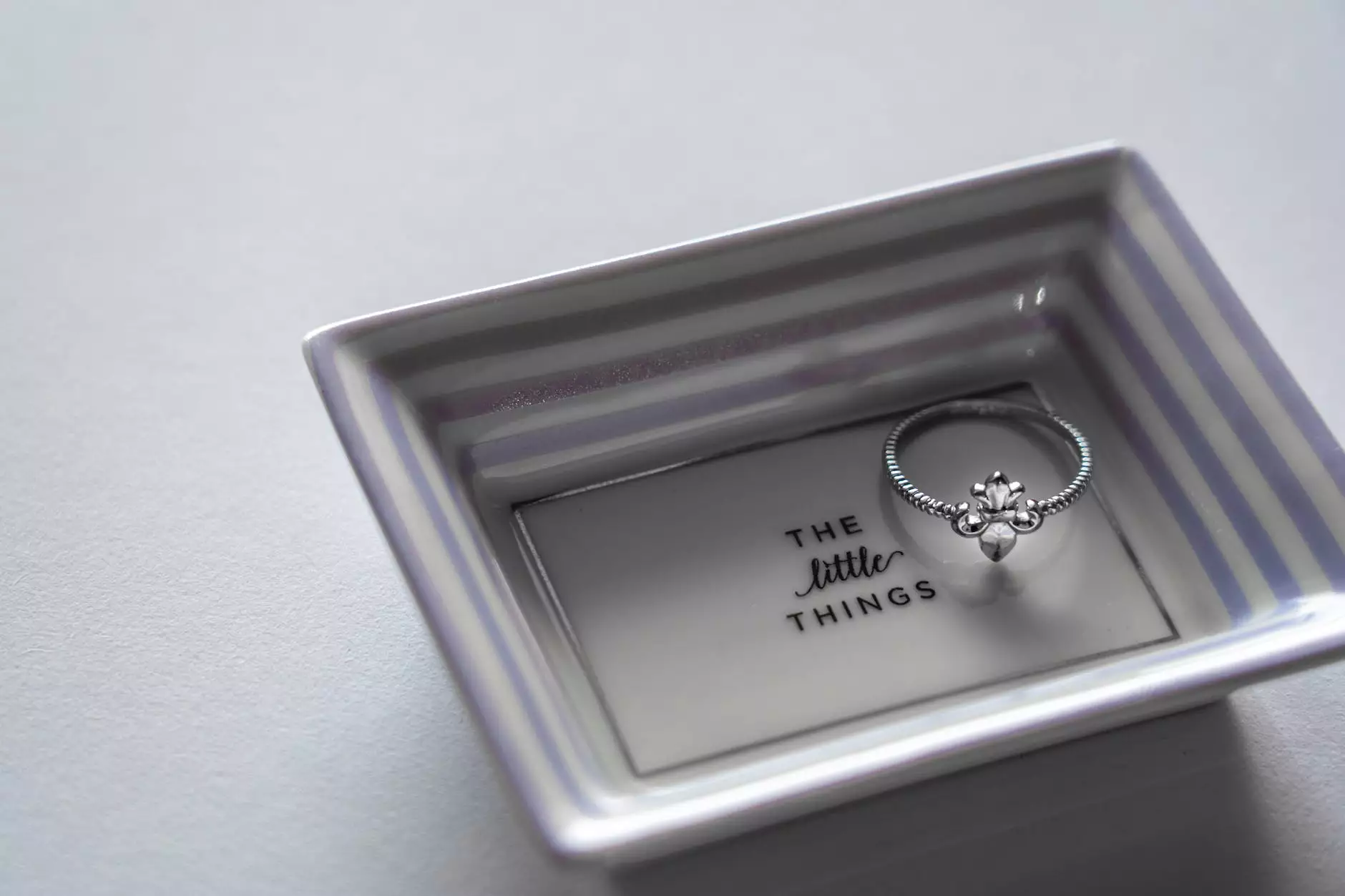Understanding the Importance of Teeth Guard for Bruxism

Bruxism, the involuntary grinding or clenching of teeth, affects a significant portion of the population. It can lead to various dental issues, including worn enamel, tooth sensitivity, and even jaw disorders. One of the most effective solutions for this condition is the use of a teeth guard for bruxism. In this article, we will explore what bruxism is, the benefits of using a teeth guard, how to choose the right one, and tips for managing bruxism effectively.
What is Bruxism?
Bruxism is an oral condition characterized by the grinding of teeth and/or the clenching of the jaw. It can occur during the day (awake bruxism) or at night (sleep bruxism). Many people are unaware they grind their teeth until problems arise. Factors contributing to bruxism include:
- Stress and Anxiety: High stress levels can often trigger teeth grinding.
- Sleep Disorders: Conditions like sleep apnea can lead to bruxism.
- Alignment Issues: Misaligned teeth or jaws can also cause bruxism.
- Substance Use: Consumption of alcohol, caffeine, and certain drugs may increase the risk.
The Importance of Using a Teeth Guard for Bruxism
Using a teeth guard for bruxism is crucial for several reasons:
1. Protection Against Tooth Damage
One of the primary benefits of wearing a teeth guard is the prevention of tooth damage. Continuous grinding can wear down the enamel, which is the protective outer layer of your teeth. This can lead to:
- Cavities: Once the enamel is compromised, teeth become susceptible to decay.
- Sensitivity: Worn enamel can result in increased tooth sensitivity, making it painful to consume hot or cold foods.
- Cracked Teeth: Severe grinding can lead to cracks or chips in the tooth structure.
2. Alleviates Jaw Pain
Bruxism often leads to tension in the jaw muscles, resulting in jaw pain or even temporomandibular joint (TMJ) disorders. A teeth guard helps to:
- Distribute Pressure: By acting as a cushion, the guard distributes biting forces evenly.
- Reduce Muscle Strain: It helps relax the jaw muscles, reducing pain and discomfort.
3. Enhances Sleep Quality
For those suffering from sleep bruxism, using a teeth guard can contribute to improved sleep quality. Grinding can awaken you or cause frequent disruptions, leading to fatigue during the day. By preventing grinding, a teeth guard allows for:
- Uninterrupted Sleep: Reducing grinding helps maintain a deeper sleep cycle.
- Better Overall Rest: Waking up feeling more rested is a common benefit reported by users of teeth guards.
Choosing the Right Teeth Guard for Bruxism
When it comes to selecting a teeth guard for bruxism, several factors should be taken into consideration to ensure you choose the right one for your needs:
1. Type of Teeth Guard
There are generally two types of teeth guards available on the market:
- Over-the-Counter (OTC) Guards: These are pre-made guards available in pharmacies. They might not fit as well but can be a cost-effective solution.
- Custom-Fitted Guards: Created specifically for your mouth by a dentist, these provide the best fit and comfort. While they are usually more expensive, their effectiveness in protecting teeth cannot be overstated.
2. Comfort and Fit
The comfort of the teeth guard is paramount. A proper fit ensures you will wear it consistently. A poorly fitting guard may cause discomfort or lead to additional jaw problems.
3. Material Quality
Teeth guards are made from various materials. Look for guards made from durable and hypoallergenic materials, which are important for both safety and longevity.
4. Consult with a Dentist
Before purchasing a teeth guard, it is highly recommended to consult with a dentist. They can assess the severity of your bruxism and help you choose the most appropriate type of guard.
Tips for Managing Bruxism
In addition to using a teeth guard for bruxism, there are several strategies you can implement to help manage bruxism more effectively:
1. Stress Management Techniques
Since stress is a significant contributor to bruxism, incorporating stress relief practices such as:
- Meditation: Deep breathing and mindfulness can help reduce daily stress levels.
- Regular Exercise: Physical activity can help release tension and improve well-being.
- Yoga: This practice encourages relaxation and mindfulness, aiding in stress reduction.
2. Lifestyle Changes
Adjusting certain lifestyle habits can also alleviate bruxism:
- Limiting Alcohol and Caffeine: Reducing consumption can lessen the frequency of teeth grinding.
- Sleep Hygiene: Establishing a bedtime routine can promote better sleep, which may reduce bruxism occurrences.
- Quitting Smoking: If you're a smoker, seeking help to quit can benefit overall health and reduce bruxism.
3. Regular Dental Check-Ups
Maintaining regular visits to your dentist can help monitor any changes in your dental health and ensure that your teeth guard is functioning as it should. Your dentist can also provide additional resources and recommendations for bruxism management.
Conclusion
In conclusion, a teeth guard for bruxism is an essential tool for anyone suffering from teeth grinding or jaw clenching. By protecting your teeth from damage, alleviating jaw pain, and enhancing sleep quality, these guards play a vital role in maintaining your oral health. Coupled with stress management practices and lifestyle adjustments, individuals can significantly reduce the impacts of bruxism. Don't forget to consult with your dentist to find the best teeth guard tailored to your specific needs. By taking proactive steps, you can preserve your dental health and improve your overall quality of life.
For more information about dental health and bruxism prevention, visit medentalsf.com.









